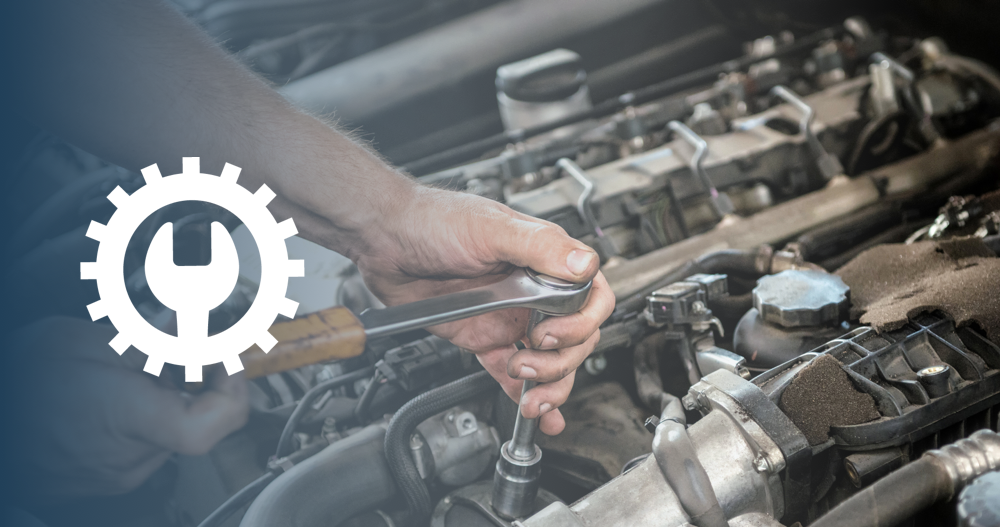
As a diesel mechanic, you'll work on maintaining, repairing, and servicing diesel-based vehicles such as trucks, buses, trains, and other vehicles with diesel-powered engines. Diesel mechanics also perform the upkeep and repair of heavy machinery too, such as cranes, bulldozers, and tractors.
You’ll typically work in a single fixed location, but some mechanics are required to travel to remote worksites to service vehicles.
Your work as a diesel mechanic is not confined just to the road, however. Diesel engines are in many different types of boats, many of which need an on-board diesel mechanic to monitor and service them as needed. In addition, many corporations use backup generators with diesel engines to maintain power in case of an interruption. These companies typically need an onsite diesel mechanic to perform quick repairs.
The Day-to-Day of a Diesel Mechanic
Your job is to monitor, inspect, maintain, and repair diesel engines. As such, you’ll perform everything from routine oil and fluid changes to total engine reconstructing. Since the continuous use of engines over time can strain them, the employment outlook for diesel mechanics is positive — maintenance work and repairs are in high demand.
Diesel mechanics work most closely with:
- The electrical system of vehicles
- The entire engine build and the parts that correspond with it
- Diagnostic computer software
- Brake systems
- Transmissions
When a repair is needed, you will be responsible for diagnosing the problem and ordering the appropriate replacement parts. You might use pneumatic tools when diagnosing and repairing, as well as welding equipment. You'll also need various hand-held tools, such as screwdrivers and wrenches.
Most modern vehicles have advanced computers inside of them. To repair most modern diesel engines, you are going to need to have experience with and knowledge of in-vehicle computers, processors, and other electronic parts.
Diesel Mechanic Schools: What You'll Learn and How to Succeed
There is no official license or certification required to start working as a diesel mechanic. However, your chances of getting hired increase exponentially when you obtain a diesel mechanic certification from the National Institute for Automotive Service Excellence (ASE). A diesel mechanic who has two years of experience or more with diesel engines — or has been trained in a diesel program — can become certified by passing the ASE exam.
Diesel mechanic schools cover the following topics, and most give you hands-on learning in the following:
- Diesel engines and fuel systems
- Brakes
- Climate control
- Hydraulics
- Preventative maintenance
- Electronic technologies in diesel vehicles
- Refrigeration transport
Tips for Success as a Diesel Mechanic
Start preparing for your career as early as high school by taking classes involving computers and electronics. If there is a vocational school in your area that offers automotive training, sign up for classes.
Once you finish your education and get enough experience, take the ASE test to obtain your certification. According to ASE, the exam will cover practical problems that diesel mechanics would encounter in their day-to-day work life.
With your training and diesel certification, you should be in good shape for a great career ahead.
Read more: Fast certifications that pay well





